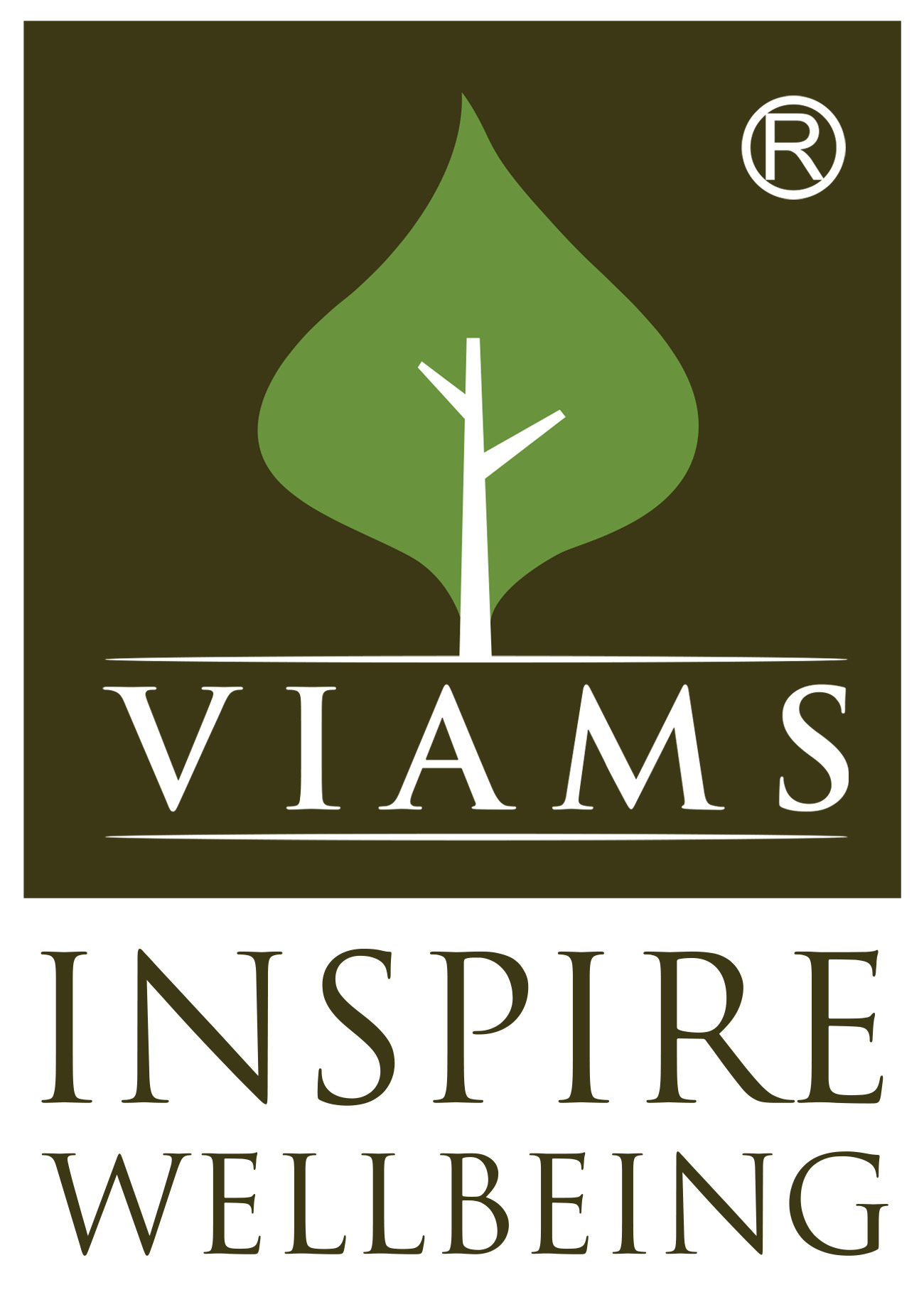Cerebral Palsy
Cerebral Palsy (CP) is a group of neurological disorders that affect movement, muscle tone, and posture. It is caused by damage to the brain, either before birth, during birth, or shortly after, which impacts a child’s ability to control their muscles. The severity of symptoms can vary widely, with some children experiencing mild motor dysfunction, while others may have severe physical disabilities.
Modern treatments focus on managing symptoms through physical therapy, occupational therapy, medications to control muscle spasms, and, in some cases, surgery to improve mobility and reduce pain. Although there is no cure, early intervention can significantly improve quality of life.
Ayurvedic Concept of Cerebral Palsy (Vata Vyadhi)
In Ayurveda, Cerebral Palsy can be understood under the broad category of Vata Vyadhi (neurological disorders). The imbalance of Vata Dosha, which governs the nervous system and bodily movements, is the main cause behind the motor dysfunctions seen in CP. Additionally, poor prenatal nutrition, improper digestion (Agni), and toxins (Ama) play a role in exacerbating neurological impairments in children with Cerebral Palsy.
Ayurvedic treatments aim to pacify the aggravated Vata, improve motor function, and nourish the brain and nervous system through holistic therapies, herbal formulations, and lifestyle modifications.
Signs and Symptoms of Cerebral Palsy
- Impaired movement, including difficulty walking or sitting.
- Muscle stiffness or spasticity.
- Involuntary movements or tremors.
- Lack of coordination and balance.
- Delays in reaching motor milestones, such as crawling or walking.
- Difficulty with fine motor skills, such as grasping objects.
- Speech and communication difficulties in some cases.
Pathogenesis in Ayurveda
Ayurveda views Cerebral Palsy as a result of Vata Dosha aggravation affecting Majja Dhatu (the tissue responsible for the nervous system and bone marrow). Due to impaired digestion and accumulation of Ama, the nourishment to the nervous system is compromised, leading to poor muscle tone, motor dysfunction, and impaired neurological functions. This, combined with the lack of vital energy flow (Prana Vayu), contributes to the symptoms seen in CP patients.
Ayurvedic Treatment Possibilities for Cerebral Palsy
Ayurveda offers a holistic approach to managing Cerebral Palsy, focusing on improving motor function, strengthening muscles, and nourishing the brain and nervous system. Panchakarma therapies, along with customized herbal formulations, can bring significant relief and improve overall quality of life for CP patients.
Customized Herbal Medicines: At VIAMS, our specially formulated herbal medicines are tailored to support brain health, improve muscle strength, and pacify Vata Dosha. Herbs such as Ashwagandha, Bala, Shankhapushpi, and Brahmi are used to enhance neurological function and motor coordination.
Benefits of Ayurvedic Treatment for Cerebral Palsy
- Improved Motor Function: Ayurvedic treatments focus on enhancing coordination, flexibility, and muscle tone through herbal medicines and therapeutic massages.
- Nervous System Nourishment: Ayurvedic Rasayana (rejuvenative) therapies nourish the brain and nervous system, promoting healthy neurological development.
- Reduced Spasticity and Stiffness: Vata-pacifying therapies and medications help in reducing muscle stiffness and spasticity, improving movement and comfort.
- Holistic Approach: Ayurveda treats the body as a whole, addressing not just the physical symptoms but also the mental and emotional well-being of the patient.
- Long-Term Care: The Ayurvedic approach focuses on gradual improvement and long-term management, offering better quality of life for CP patients without the side effects of conventional drugs.
Panchakarma Therapies for Cerebral Palsy
Panchakarma, a detoxifying and rejuvenating treatment process, plays a critical role in the Ayurvedic management of Cerebral Palsy. It helps remove toxins, improve nervous system function, and restore balance to the body.
- Abhyanga (medicated oil massage): A full-body massage that relaxes stiff muscles, improves circulation, and enhances motor function.
- Shirodhara: The continuous pouring of medicated oil on the forehead helps calm the mind, reduce anxiety, and enhance brain function.
- Basti (medicated enema): One of the most effective treatments for Vata-related disorders, Basti helps in detoxification, strengthening the nervous system, and improving motor coordination.
- Swedana (steam therapy): Herbal steam therapy helps reduce muscle stiffness and enhances flexibility.
- Nasya (nasal administration of herbal oils): Helps in clearing the mind and improving neurological function by balancing Prana Vayu.
Integration of Allied Health Sciences for Cerebral Palsy Management
At VIAMS, we believe in combining Ayurvedic treatments with modern allied healthcare sciences for comprehensive management of Cerebral Palsy.
- Physiotherapy: Physiotherapy helps improve mobility, strength, and balance. Customized exercises target muscle weakness and improve coordination.
- Occupational Therapy: Helps children with CP develop the skills necessary for daily activities, enhancing independence and quality of life.
- Speech Therapy: For children with speech impairments, speech therapy works alongside Ayurvedic treatments to improve communication skills.
- Dietary Guidance: A balanced, Vata-pacifying diet, including warm and nourishing foods, is essential in managing CP. Our diet recommendations support overall health and reduce Vata aggravation.
- Yoga and Pranayama: Gentle yoga postures and breathing exercises help improve motor skills, strengthen the body, and promote relaxation, complementing Ayurvedic therapies.
The VIAMS Advantage
Personalized Ayurvedic Medicines and Therapies
At VIAMS, we offer customized Ayurvedic treatments for Cerebral Palsy, tailored to each individual’s constitution and health condition. Our unique combination of Ayurvedic herbal medicines, Panchakarma therapies, and allied health care support ensures that every child receives the most effective care for long-term improvement. By focusing on both the physical and neurological aspects of CP, we aim to enhance the overall quality of life for patients.
